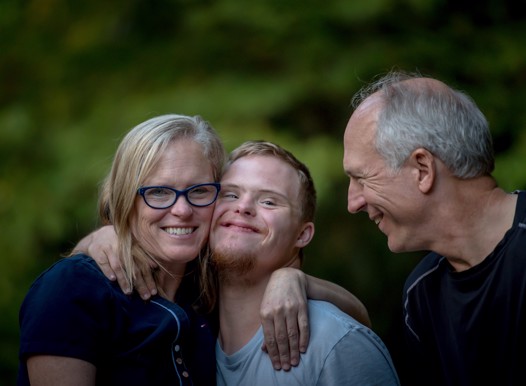Supported living is a general term that covers a diverse range of tenant groups. Tenants tend to fall into two main categories: Long-term and short-term support needs. With long term the tenant will potentially require support for life as their situation is unlikely to change. A tenant with shorter term needs requires a more temporary intervention of support before they're able to take on their own tenancy and live more independently. Here are the 12 most common groups:
Long term support needs
- Learning disabilities
- Autism
- Mental health (can also be short term)
- Physical disability
Shorter term support needs
- Veterans
- Homelessness
- Teenage parents
- Domestic abuse survivors
- Care leavers
- People recovering from addiction
- Asylum seekers
- Ex-prisoners
As you can see the list is very wide ranging and the property needs are also broad. So what does each group need? It would make our lives so much simpler if we were able to give a standardised set of criteria for each, but sadly it isn’t that simple. As with anyone, needs will often be specific to the individual, they may want to live in a certain area to be near to friends and family, they may require specific adaptations to help them live more independently or may need to be near a hospital to access specialist services.
Although adaptations are needed for some people, others won’t need any at all. The other thing to be conscious of is that they're not exclusive of each other. You may have a care leaver who has a disability, or you may have a learning disability but also have mental health support needs so they crossover.
Support needs can also vary from a few hours a week, to really intensive 24 hour a day. Some people require two or three members of staff supporting them 24 hours a day, so facilities could be required onsite for the carers.
Different care or housing providers will also have different preferences covering pretty much every property type you can think of from bungalows to self-contained units, blocks of flats, and large houses.
Photo by Nathan Anderson on Unsplash




